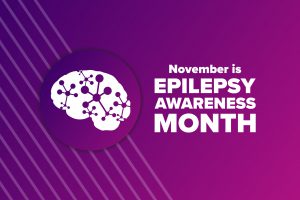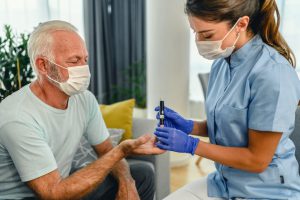 For many people, the holiday season can be a stressful time. Whether you’re experiencing financial difficulties, relationship issues with loved ones, or health problems that interfere with your ability to enjoy the holidays, it’s important to have effective ways to manage these causes of stress to prevent them from disrupting your holiday season. Some steps you may consider taking include:
For many people, the holiday season can be a stressful time. Whether you’re experiencing financial difficulties, relationship issues with loved ones, or health problems that interfere with your ability to enjoy the holidays, it’s important to have effective ways to manage these causes of stress to prevent them from disrupting your holiday season. Some steps you may consider taking include:
Setting reasonable expectations for yourself: Circumstances such as cost or availability may sometimes make it difficult to accomplish certain things during the holiday season, such as getting an expensive gift for someone or hosting a big family dinner. To avoid stress, don’t over-extend yourself; instead, recognize what you can reasonably accomplish with the time and resources you have. Set realistic expectations for any gift-giving, hosting, or other responsibilities you have for the holidays.
Learning to de-escalate (or avoid) conflicts: Some holiday gatherings may bring family members together who don’t get along well. Conflict at these gatherings can create negative experiences for everyone involved, so it’s helpful to consider ways in which you can de-escalate them. If you’re hosting, try to steer the conversation into a more friendly direction; if the conflict escalates, remove the involved members from the gathering. Alternatively, it can also help to remove yourself from the situation, particularly if you’re one of the people directly involved in the conflict.
Keeping up with therapy: If you regularly attend therapy sessions for your mental health, try to maintain this schedule during the holiday season. While this part of the year can become extremely busy for many people, therapy can be an important outlet for stress, as well as a tool to help you learn coping mechanisms throughout the holidays.
If you need a psychiatrist to help you manage mental health problems, such as severe stress, that worsen during the holiday season, you can schedule a therapy appointment at Jamaica Hospital Medical Center’s Department of Psychiatry by calling (718) 206-5575.
All content of this newsletter is intended for general information purposes only and is not intended or implied to be a substitute for professional medical advice, diagnosis or treatment. Please consult a medical professional before adopting any of the suggestions on this page. You must never disregard professional medical advice or delay seeking medical treatment based upon any content of this newsletter. PROMPTLY CONSULT YOUR PHYSICIAN OR CALL 911 IF YOU BELIEVE YOU HAVE A MEDICAL EMERGENCY.










